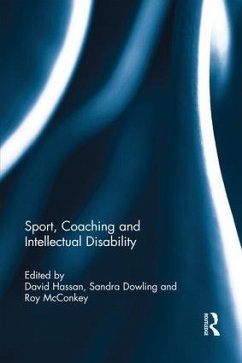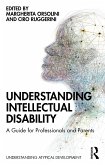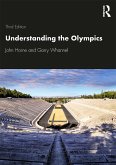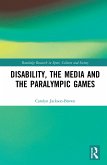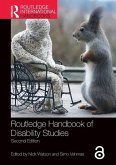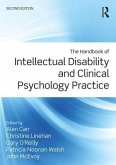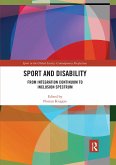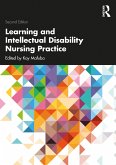There are more opportunities than ever before for young people with disabilities to participate in sport and adapted physical education. For example, there are more than 3.7 million athletes worldwide aligned to the Special Olympics organisation, with national associations active in more than 200 countries worldwide. Despite this rapid growth, all too often coaches and teachers lack adequate knowledge of the particular challenges faced by people with intellectual disabilities. The principal aim of this book is to improve the understanding and professional skills of coaches, teachers, practitioners and researchers, to promote awareness of successful programmes addressing the needs of such young people, and to challenge the prevailing myths and stereotypes surrounding their abilities.
With contributions from leading researchers and practitioners around the world, this book is the first to explore in depth the topic of sport and intellectual disability from a coaching perspective. Including both theoretical discussion and empirical case-studies, the book covers a full range of contemporary issues and themes, including training and coaching, family support, perceptions of disability, athlete motivation, positive sport experiences, motor development programmes, and social and cultural aspects of disability. Sport Coaching and Intellectual Disability is important reading for any student, researcher, coach, teacher, manager or policy maker with an interest in disability sport, physical education, coaching, or mainstream disability studies.
With contributions from leading researchers and practitioners around the world, this book is the first to explore in depth the topic of sport and intellectual disability from a coaching perspective. Including both theoretical discussion and empirical case-studies, the book covers a full range of contemporary issues and themes, including training and coaching, family support, perceptions of disability, athlete motivation, positive sport experiences, motor development programmes, and social and cultural aspects of disability. Sport Coaching and Intellectual Disability is important reading for any student, researcher, coach, teacher, manager or policy maker with an interest in disability sport, physical education, coaching, or mainstream disability studies.
"Hassan, Dowling, and McConkey have added a pioneering (albeit Eurocentric) reference in the maturing field of adapted sports: a European-based survey of sports opportunities for athletes with intellectual disabilities conducted under the aegis of the Special Olympics. There are currently 4.1 million athletes with intellectual disabilities around the world, making the sports-oriented network the largest in history. This volume examines various strategies of motivating participants with developmental and intellectual disabilities to reach their highest potentials at various skill levels of competition. Every facet of the organizational structure of sporting events under the aegis of the Special Olympics umbrella--from task-oriented movements to the creation of community support for the athletes--is highlighted as essays examine sports for intellectually disabled athletes, including participant-generated dance routines. The narrative flows easily, making the book appropriate for a wide audience, but especially useful to mainstream and adapted-sports researchers and organizations. Summing Up: Recommended. All readers."
- D. J. Winchester, Columbia University, CHOICE Magazine
"This book is ... an important factor for participation and personal empowerment."
Anders Östnäs- Lund University (2015) "Good lyrics as well as good thoughts, without thread", idrottsforum.org, http://idrottsforum.org/ostand_hassanetal150923/
- D. J. Winchester, Columbia University, CHOICE Magazine
"This book is ... an important factor for participation and personal empowerment."
Anders Östnäs- Lund University (2015) "Good lyrics as well as good thoughts, without thread", idrottsforum.org, http://idrottsforum.org/ostand_hassanetal150923/

